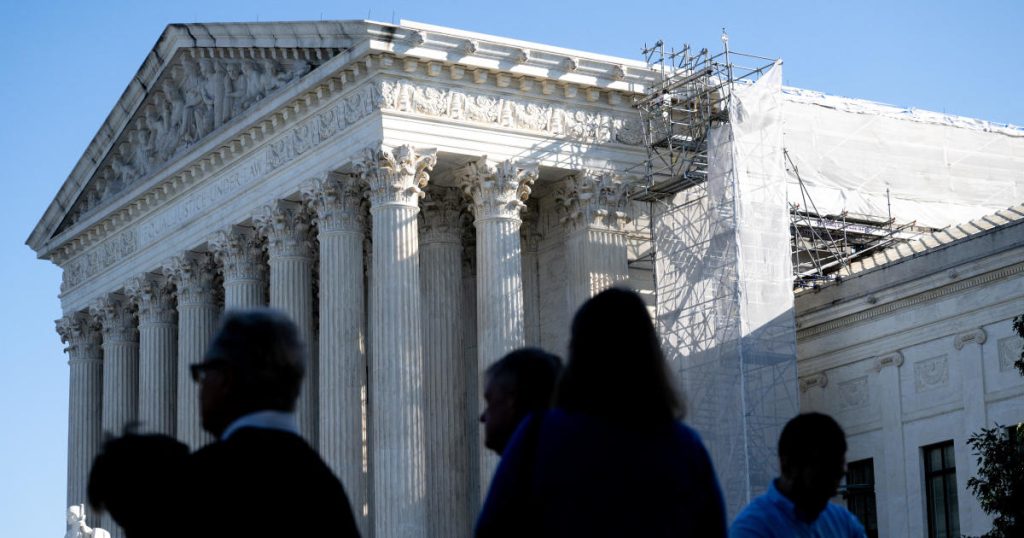The Supreme Court has overturned a lower court’s decision protecting Texas law enforcement officers who arrested a local citizen journalist, Priscilla Villarreal, after she sought information from a police source. The case challenges the doctrine of qualified immunity, which offers legal protections for police and other government officials. Villarreal, known as “Lagordiloca” to her readers in Laredo, publishes news about local crime and other events on her Facebook page. Her reporting sometimes conflicts with local government officials, including the Laredo Police Department.
In 2017, Villarreal was arrested on charges of violating a state law by soliciting information from a government official before it was made public. The charges were dismissed after a judge ruled the law was unconstitutionally vague. Villarreal then sued the police and prosecutors involved in her arrest, alleging violations of her constitutional rights. The officials argued they had qualified immunity, which protects public officials from lawsuits related to their job performance unless they violate clearly established constitutional rights.
The 5th Circuit Court of Appeals initially reversed the lower court’s decision, stating that Villarreal’s arrest violated her First Amendment rights. However, the full panel of judges reheard the case and upheld the district court’s dismissal by a 9-7 vote. The majority of judges found that the officials had a reasonable belief that Villarreal’s actions violated state law, thus granting them qualified immunity. Judge James Ho, in dissent, criticized the decision as giving excessive deference to government power.
Villarreal’s lawyers appealed the 5th Circuit’s decision to the Supreme Court, arguing that her arrest violated the First Amendment. They warned that allowing the decision to stand could set a dangerous precedent for law enforcement to use state laws to justify violating constitutional rights. Texas officials, led by Attorney General Ken Paxton, maintained that they reasonably believed Villarreal was seeking to solicit confidential information for personal gain.
The Supreme Court’s order wiped away the lower court’s decision and ordered additional proceedings in Villarreal’s case. The outcome of this case has significant implications for the intersection of free press rights and government immunity. Journalists and press organizations have supported Villarreal in her fight for journalistic freedom, highlighting the importance of information access to the practice of journalism. The court’s eventual ruling on this case could shape the legal landscape for citizen journalists seeking public information in the future.


